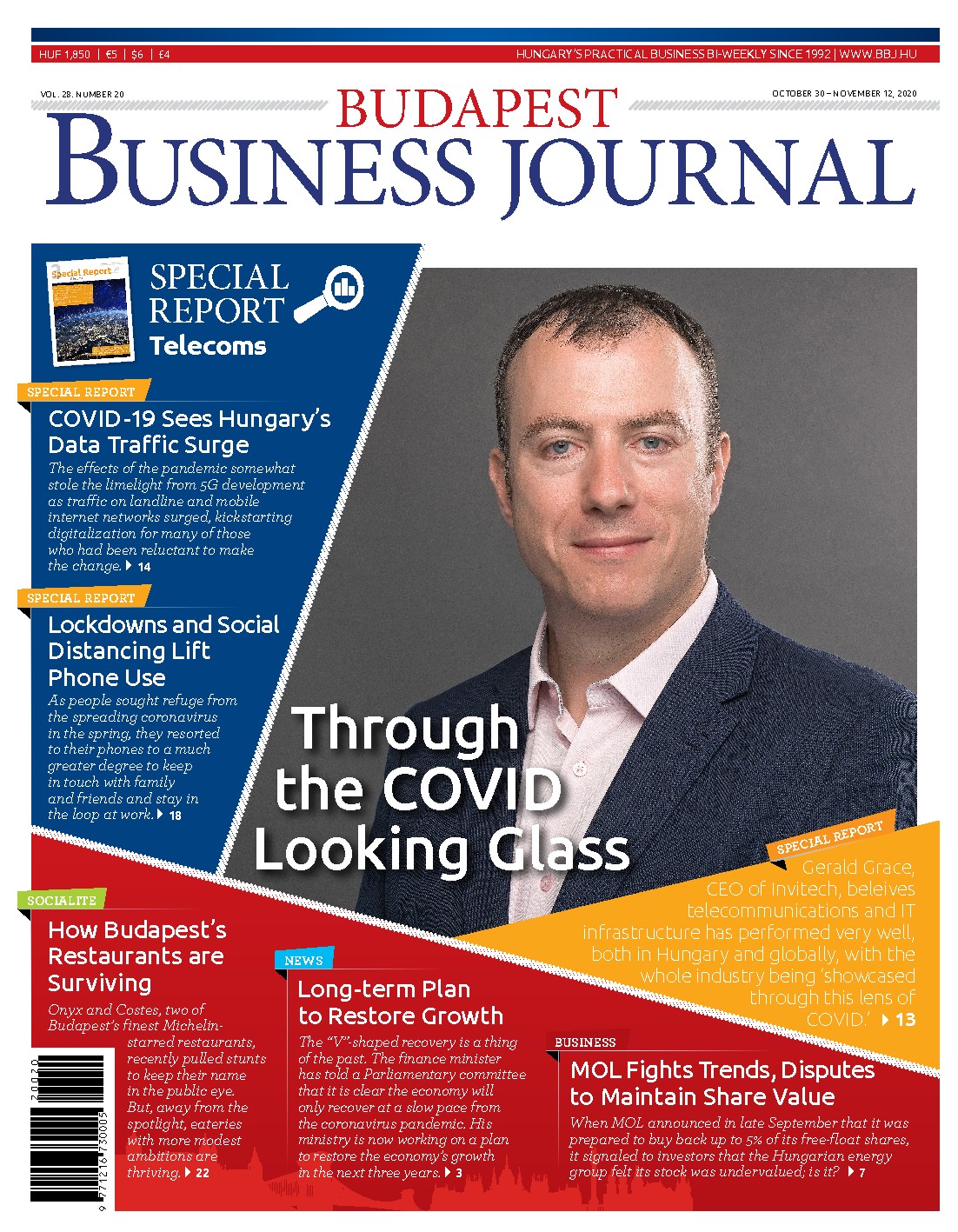Fear is the Mind Killer
Fear is an elemental part of the human make up. It’s been there from the very beginning: Fear of the unknown; fear of the uncertain; fear of the dark; fear of wild animals, of drought, or flood, or famine. It plays into our earliest survival strategy, one of the considerations the brain factors into the flight or fight equation.
Ultimately, “flight or fight” is a binary choice; you do one or the other, but you must do one of them, and that’s the rub, because too much fear can overload the process and leave you paralyzed, rooted to the spot, doing nothing. A victim waiting for the world to make its choice.
When the country moved to full scale work from home mode in mid-March, we had fear. The advertising market was doing what it generally does in such times, namely ignoring the sage advice of the journalist, businessman, religious writer and U.S. Congressman Bruce Fairchild Barton that “In good times, people want to advertise; in bad times, they have to.” The spend on advertising, a major part of our revenue stream, was disappearing, just as it did in the financial crisis of 2008.
As an almost 30-year-old organization, we knew how bad a situation that was. But we also had the knowledge in the bank that we had survived that. We began to look at our operation, at the pagination of the print version of the paper, the number of stories we were running, the amount we spent on our editorial budget. Every member of staff took a three-month pay cut. We shed whatever costs we could, even as we moved to a modus operandi we had never even trialed as a pilot project. I wasn’t with the Budapest Business Journal back when it was founded in 1993, but I am fairly confident in saying that not one of the issues we produced up to the paper of March 27, 2020 had been made with every contributor working from their own home, united in purpose, but isolated in delivery.
That wasn’t the only challenge we had to overcome. Fear isn’t just a mind killer, it also has a voracious appetite, and nothing feeds fear like ignorance. Back in March and April, businesses were doing what they could to help out in what was now a national emergency. MOL repurposed production lines to make hand and surface sanitizer. Fashion houses started producing face masks. Engineering companies began 3D printing face shields. Supermarket chains drew up rosters of staff with a car, so they knew who they could move into another shop should assistants go down with COVID, to make sure that store could remain open and serve its local community.
But what would we do? In one sense, the answer to that is obvious. We have always dealt in the provision of quality, timely information, and in doing that we could help make sure fear wasn’t fed through ignorance. But there was one problem with that. How do you deliver a newspaper when casual readers aren’t going to their regular news kiosks, and many of our subscribers have it delivered to their office, but are now working from home? On top of all that, there was even some suspicion that the virus itself might be spread on surfaces, such as through the mail or on newspapers. Beyond all of that, we also had a duty to those who were still advertising with us to make sure their messages got out to the widest possible readership.
The answer we came up with was to change our delivery model for a few months. We decided to make the print version of the paper available to all free of charge via a digital, pdf version, making sure the latest news and those all-important advertisers’ messages got out to the widest possible audience. In a fluid, fast changing news environment, we made sure the website continued to be updated with the latest COVID statistics and regulations across weekends and national holidays. We even changed the design of the website for a period, so the latest coronavirus news was always the first thing readers saw.
We have done well enough that, on all those fronts, we have now reverted to the status quo ante. Talk to our financial director, and he will tell you the position we are in now is much better than we expected when we drew up our emergency budget plans in March. Don’t misunderstand me, this has still been a horrible year (both from a national health perspective and in terms of own business), but it could have been worse.
Our plan would not have worked for all, but it didn’t have to; it only had to work for us. But the single most important thing was that we had a plan. We had a path to follow, we weren’t left paralyzed, like a rabbit caught in the headlamps of an oncoming car. You see, fear is the real mind killer.

Robin Marshall
Editor-in-chief
Budapest Business Journal
